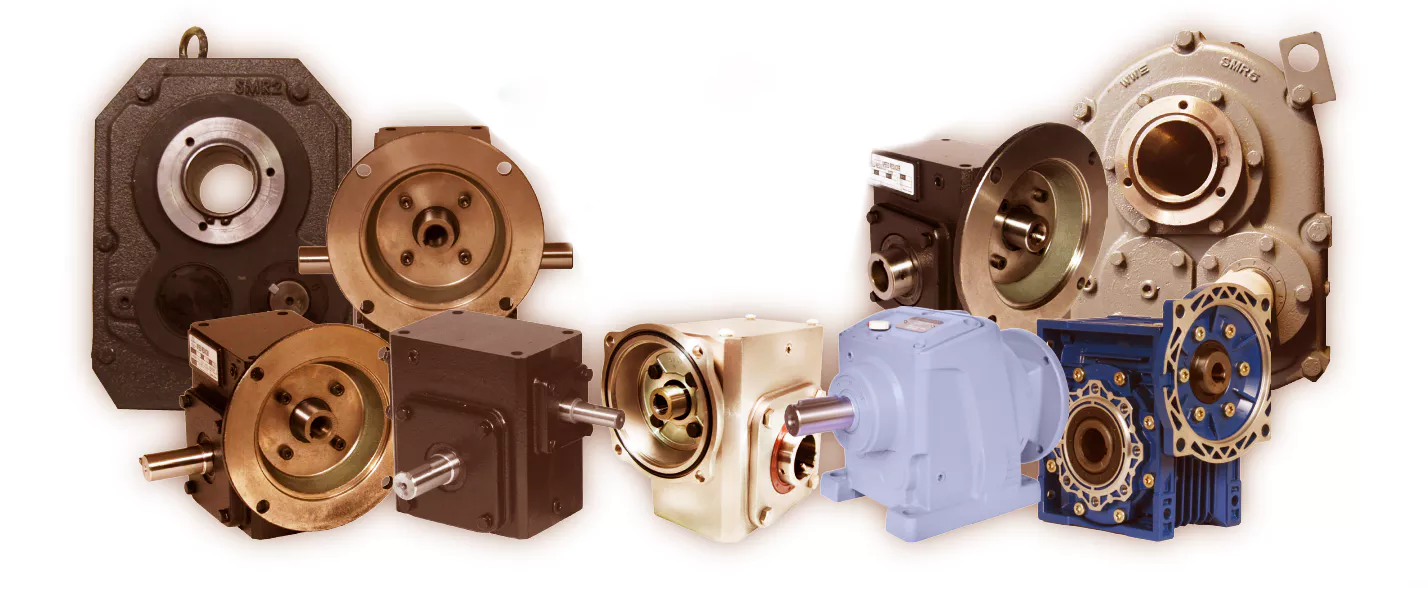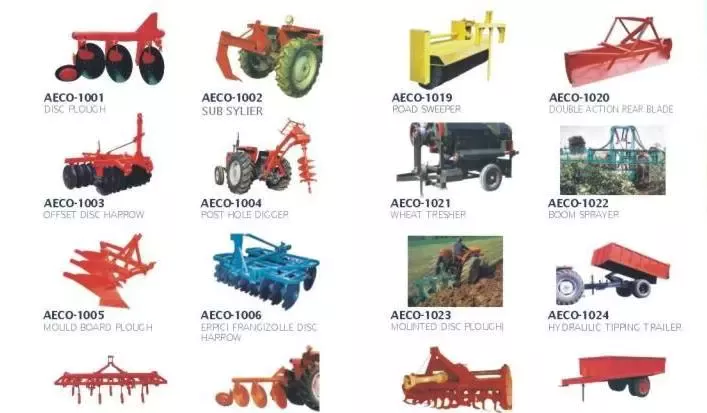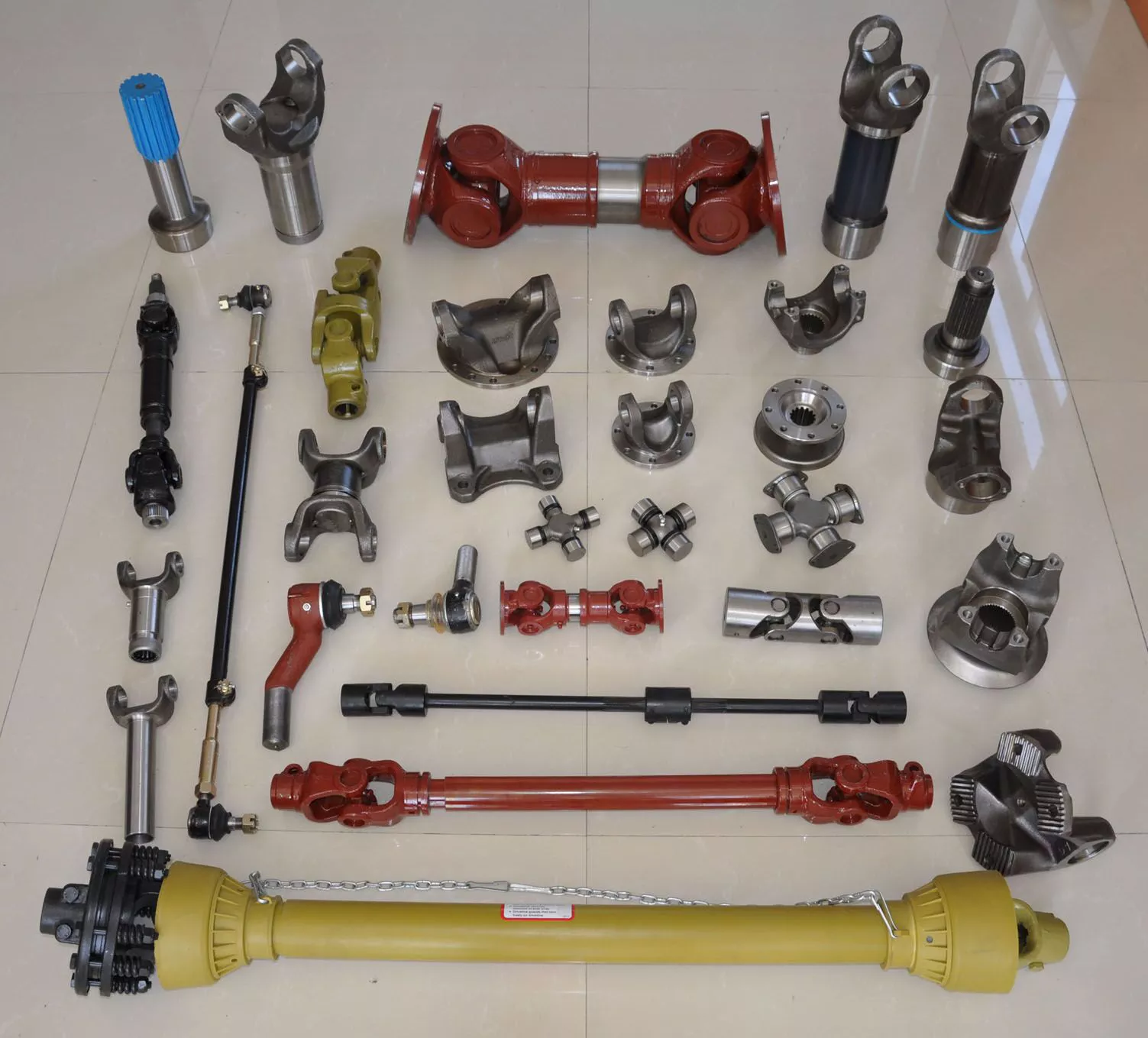Product Description
FAQ
Q1. What is your terms of piston engine packing?
A: Generally, we pack our piston engine bearing in neutral boxes and brown cartons. If you have le
gally registered patent, we can pack the goods in your branded boxes after getting your authorization letters.
Q2. What is your terms of payment?
A: T/T 30% as deposit, and 70% before delivery. We'll show you the photos of the piston engine and packages
before you pay the balance.
Q3. What is your terms of delivery?
A: EXW, FOB, CFR, CIF, DDU.
Q4. How about your delivery time?
A: Generally, it will take 30 to 60 days after receiving your advance payment. The specific delivery time depends
on the items and the quantity of your order.
Q5. Can you produce according to the samples?
A: Yes, we can produce by your samples or technical drawings. We can build the molds and fixtures.
Q6. What is your sample policy?
A: We can supply the sample if we have ready parts in stock, but the customers have to pay the sample cost and
the courier cost.
Q7. Do you test all your goods before delivery?
A: Yes, we have 100% test before delivery.
Q8: How do you make our business long-term and good relationship?
A:1. We keep good quality and competitive price to ensure our customers benefit ;
2. We respect every customer as our friend and we sincerely do business and make friends with them, no matter where they come from.
| Supporting manufacturers | DEUTZ, PERKINS, CAT,John Deere,Cummins...etc |
| Product Name | DEUTZ 56D fracture splitting connecting rod assembly |
| type | 1.6L |
| Large-diameter borehole | φ64(+0.019 ,0) |
| Diameter of bushing bore | φ35(+0.041 ,0) |
| Center distance | 162±0.571 |
| application | Medium-sized truck,engineering machinery |
| material | C70S6 |
Agricultural Parts
If you've been to a farm, you've probably seen all kinds of agricultural parts. These mechanical devices are used in agriculture and include hand tools, power tools, tractors and countless farm implements. If you're not familiar with them, it's time to review them. Read on to learn more about agricultural parts. Of course, if you're looking for specific types, you'll want to know what makes them different.
Steel
Modern farmers demand greater productivity and efficiency, lower fuel and other costs. Forged steel is 1 solution that meets both of these goals. With forged steel agricultural parts, the future of agriculture is bright. In this article, we'll review some of the key steels used in agricultural equipment and their unique properties. Ultimately, you'll save money and increase productivity. let's start. How do steel agricultural parts work?
Steel is corrosion resistant. It can withstand the corrosive elements that agricultural equipment encounters in the field. Steel is also ductile, allowing for design flexibility. Because of these advantages, steel is the first choice for farm and hand tools. Steel also prevents soil from sticking, making cleanup easier. Stainless steel is 100% recyclable and may have antimicrobial properties. In addition to being resistant to corrosion, steel retains its integrity in outdoor conditions.
In addition to the quality of steel agricultural components, it is also important to choose a responsible manufacturer. Whether a company is responsible for the money or just for the money depends on the product the manufacturer offers. Some manufacturers may lack reputational advantages or have workmanship defects. Therefore, it is necessary to pay attention to certain aspects in the production process of steel farming accessories manufacturers.

Iron
Cast iron components for agricultural machinery are extremely durable and strong, and are manufactured to meet the needs of leading agricultural machinery manufacturers. They are available in a variety of shapes and weights and can also be customized to meet specific customer requirements. Here are some common uses for iron agricultural parts. Read on to learn about their capabilities and how they can benefit you. Agricultural iron parts are widely used in agricultural equipment such as tractors, combine harvesters, and combine harvesters. Agricultural machinery such as tractors, weeders and harvesters require iron components. Grey cast iron, cast steel and ductile iron are commonly used materials for agricultural machinery parts. The grey cast iron gearbox supports the drive shaft and ensures the correct installation of other components. Grey cast iron has excellent wear resistance and machinability, and also has a damping effect. Below are some common examples of gray iron agricultural machinery parts.
Aluminium
Some of the leading companies in the agricultural industry choose to use aluminium components in their equipment. CZPT is 1 of these companies. With more than 50 years of experience in the aluminum industry, the company has brought many innovations to the agricultural market. I recently had the opportunity to speak with Jonas Bjuhr, Director of Product Development at CZPT. He shares his insights on agricultural aluminum solutions and his philosophy on how the company does business.
Metal spinning process, also known as spinning and metal turning, is the transformation of metal cylindrical parts into hollow parts. The process works with a variety of metal bases, producing parts that are both strong and durable. Chicago Metal Company has been producing agricultural equipment parts since 1908. It is also known for producing straight seam lock seam irrigation pipes. To deliver the pipes, Chicago Metals will load railcars on the siding at its plant. However, the rise of PVC pipes has made this process unnecessary. The company has developed standard angle flange connection pipes.

Bronze
Bronze is a metal alloy composed of copper and tin. As an alloy, it binds 2 metals together at the molecular level to form a new material. Although people throughout history don't know why tin and copper were combined to make bronze, an innovative blacksmith discovered the alloy and opened up new possibilities. Bronze agricultural parts are made from a variety of metals, including copper and tin. Below are some common examples.
Plants found at the Raj site are mainly fruit crops, but the archaeological site also includes large amounts of barley and emmer. The lack of chaff suggests that grain processing took place far from the site, suggesting that fruit crops played an important role in the agricultural life of the Raj in the 15th and 12th centuries BC. However, there is very little information on how the grain is processed.
Late Bronze Age sites have cadaveric remains of grains and legumes, but no new crops have been found. In the Iberian region, CZPT is more prominent, while other legumes are less common. Acorns are the only wild fruit consistently found at archaeological sites, suggesting their role in regional survival. The earliest recorded use of pits as storage facilities lasts at least 4,000 years.
Cast iron
CZPT manufactures cast iron agricultural parts that provide strength and durability to a wide variety of agricultural machinery. They meet the exacting specifications of leading agricultural machinery manufacturers, ensuring a reliable product in the field. The company offers a variety of weights and shapes, and can customize solutions for any application. Below are some of the most popular applications for cast iron agricultural parts. Each of these applications offers a range of advantages. The company's engineers provide state-of-the-art technical solutions.
Cast iron products have a variety of uses in the construction and mining industries. These metals are used to build bridges, building frames, lamp posts, gates, and more. These metals also make excellent engineering materials for water pipes and sewers, manhole covers, and more. Below are some of the most common applications for cast iron agricultural parts. To learn more about the many applications of cast iron agricultural components, visit the university.
Aluminium alloy
If you are interested in replacing metal agricultural parts, consider the advantages of aluminium alloys. Not only is it lightweight, it is also non-corrosive and non-corrosive, making it a perfect replacement for heavier metals. And it's also better for the environment, which is a growing concern. Learn what you can do with aluminum castings and why you should use them for your agricultural components. We can help you find the right alloy for the application and specific application you are using.
Aluminum alloys are available in different grades, which are further divided into various properties. Different grades are classified according to the main alloy composition. Alloys are selected based on their strength-to-weight ratio and other factors. In addition, they have high levels of ductility, workability and corrosion resistance. Because of these properties, aluminum alloys are widely used in aircraft and many other industrial applications.
Bronze Alloys
One of the most common uses of bronze alloys is in agricultural parts. Its copper-tin composition provides strength and durability. This alloy is also corrosion resistant. Many farmers use bronze for agricultural purposes, especially combine harvesters and other tools. The following article will describe the benefits of bronze in agricultural uses. Read on to learn more. The basic structure of bronze alloys is as follows. Bronze is composed of 88% copper and 12% tin. The ratio of tin increases with melting, while the ratio of copper to tin decreases.
This copper-based metal has unique properties that are indistinguishable by appearance alone. You should look for a metal specialist who can guide you to find the best fit for your needs. CZPT is 1 of the top copper suppliers and they manufacture their own products. The metal spinning process is the most versatile and consistent method of manufacturing parts. Bronze is a product of adding tin to copper and has many positive properties.

Cast Iron Alloys
CZPT provides rugged cast iron agricultural components for a variety of applications. These castings are manufactured to the exacting requirements of leading agricultural machinery manufacturers, ensuring a reliable product in the field. Their castings come in a variety of shapes and weights and can also be custom designed to meet individual customer requirements. The application of cast iron includes:
Ductile iron, also known as ductile iron, is a special property obtained by adding magnesium to the metal. It is a ductile iron that is spherical due to the addition of magnesium. In the manufacturing process, composition control is important because impurities such as sulfur and oxygen react with magnesium to form different types of ductile iron. These impurities change the shape of the graphite molecules. Different grades of ductile iron are obtained by manipulating the microcrystalline structure of the metal, making austempered ductile iron another type of cast iron.
This ferrite-containing iron is suitable for machining. Its microstructure is similar to mild steel, but it contains enough dissolved silicon to remove the metal's stickiness. This means that ferritic cast iron castings do not require the addition of sulphur or lead. If high-speed machining is used, false chips will form on the cutting edge. However, the machinability of cast iron makes it an excellent choice for agricultural applications.
What makes agricultural parts so special?
If you've been to a farm, you've probably seen all kinds of agricultural parts. These mechanical devices are used in agriculture and include hand tools, power tools, tractors and countless farm implements. If you're not familiar with them, it's time to review them. Read on to learn more about agricultural parts. Of course, if you're looking for specific types, you'll want to know what makes them different.
Steel
Modern farmers demand greater productivity and efficiency, lower fuel and other costs. Forged steel is 1 solution that meets both of these goals. With forged steel agricultural parts, the future of agriculture is bright. In this article, we'll review some of the key steels used in agricultural equipment and their unique properties. Ultimately, you'll save money and increase productivity. let's start. How do steel agricultural parts work?
Steel is corrosion resistant. It can withstand the corrosive elements that agricultural equipment encounters in the field. Steel is also ductile, allowing for design flexibility. Because of these advantages, steel is the first choice for farm and hand tools. Steel also prevents soil from sticking, making cleanup easier. Stainless steel is 100% recyclable and may have antimicrobial properties. In addition to being resistant to corrosion, steel retains its integrity in outdoor conditions.
In addition to the quality of steel agricultural components, it is also important to choose a responsible manufacturer. Whether a company is responsible for the money or just for the money depends on the product the manufacturer offers. Some manufacturers may lack reputational advantages or have workmanship defects. Therefore, it is necessary to pay attention to certain aspects in the production process of steel agricultural accessories manufacturers.

